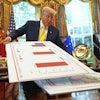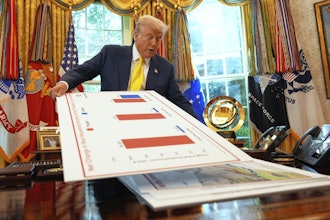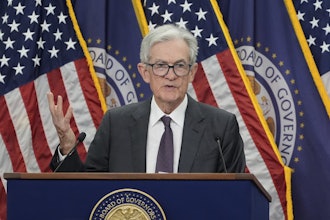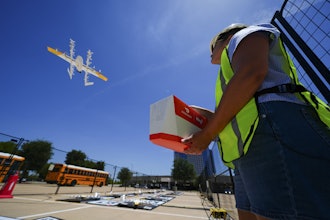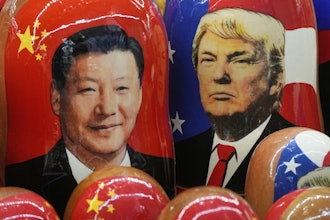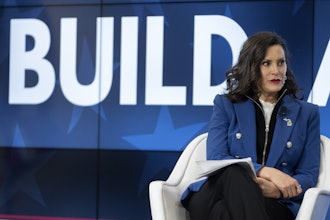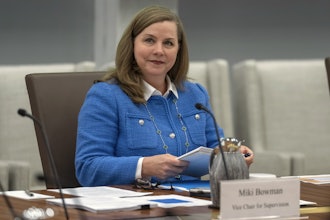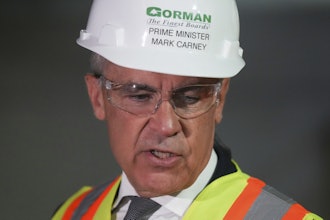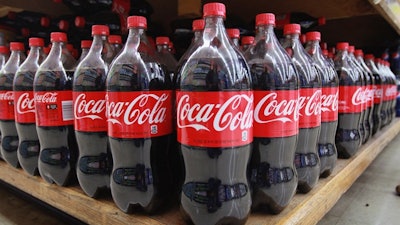
Coca-Cola officials vowed to be more transparent about the company’s research funding but criticized a recent report for creating "confusion" about its practices.
An article earlier this month in The New York Times said that the world's largest beverage company funded a group called the Global Energy Health Network, which in turn suggested that a lack of exercise, rather than poor diet, plays a larger role in rising obesity rates in the U.S. and other developed nations.
“Most of the focus in the popular media and in the scientific press is, ‘Oh they’re eating too much, eating too much, eating too much’ — blaming fast food, blaming sugary drinks and so on,” Steven Blair of the University of South Carolina said in a video released by the group. “And there’s really virtually no compelling evidence that that, in fact, is the cause.”
The article said that Coke gave the group an “unrestricted education gift," and that Blair previously received millions in funding for research projects from the company.
Critics suggested that Coke was attempting to shift the blame for health problems in part attributed to sugary drinks, which led to increased political pressure and sliding soft drink sales in recent years.
Coca-Cola Chief Technical Officer Ed Hays responded in a USA Today editorial that the Times article suggested that "we want people to think that only exercise matters and not diet," but that "nothing could be further from the truth."
"We have always operated under the fact that a healthy, balanced diet and regular exercise are key ingredients for a healthy lifestyle," Hays wrote.
Hays, however, also wrote that Coke will do a better job of identifying its research funding and nonprofit ties.
Researchers involved with the group, meanwhile, defended both their positions and their ties to the beverage industry.
“As long as everybody is disclosing their potential conflicts and they’re being managed appropriately, that’s the best that you can do,” Gregory Hand of West Virginia University told the Times after reportedly receiving more than $1.3 million from Coke.



